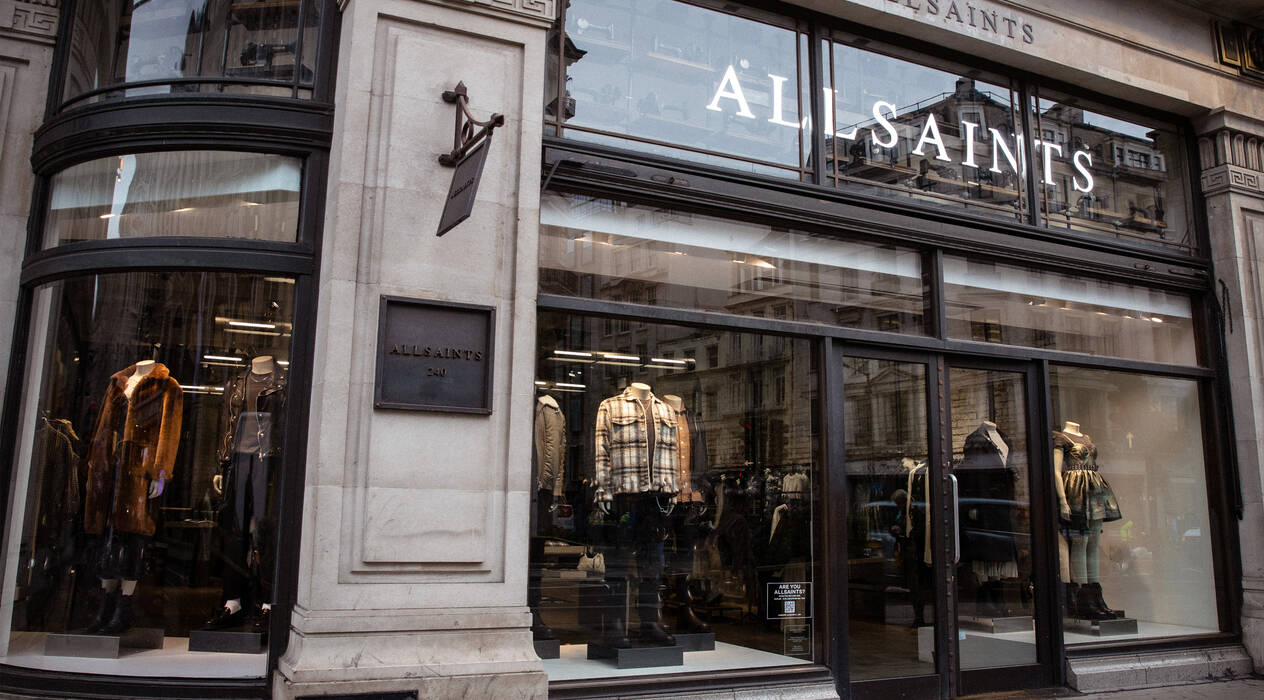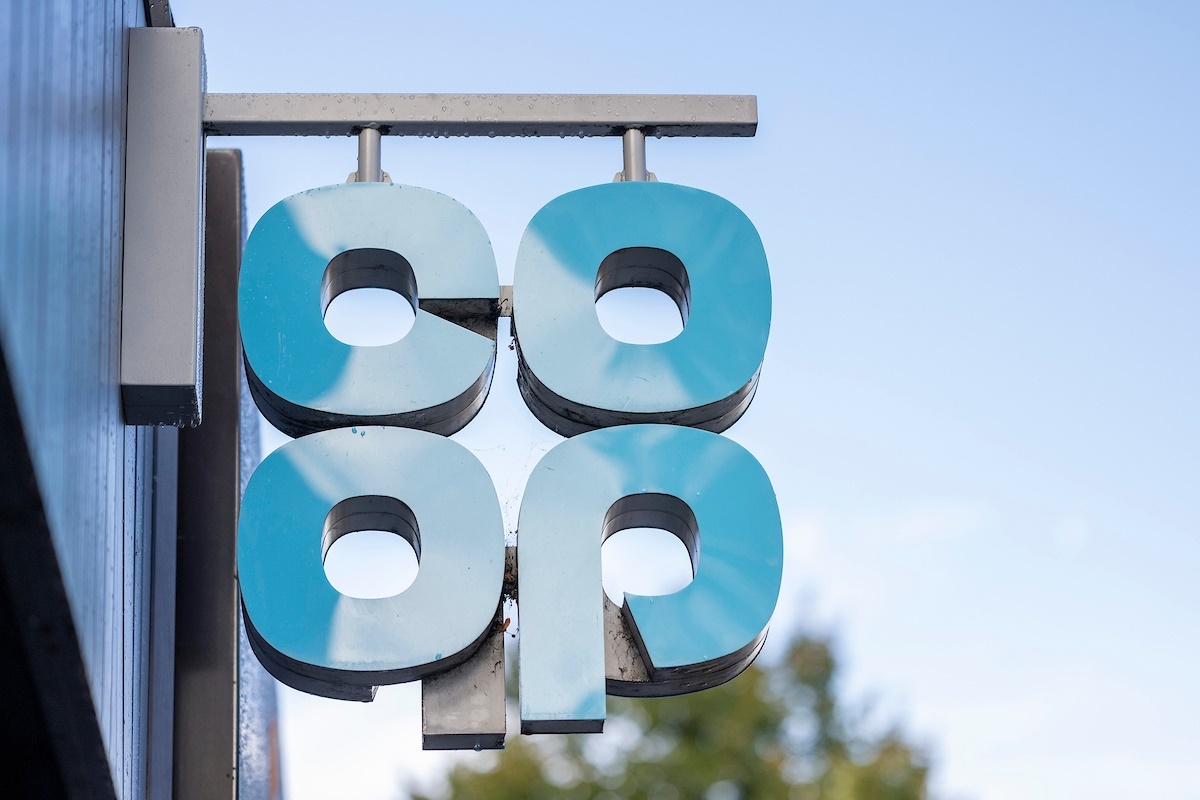Co-op Wholesale has said it will invest £800,000 into the wholesale selling price (WSP) of its own brand lines to lower prices and boost its product selection.
The move will see the number of key lines double from 50 to over 100, with the wholesale business aiming to offer retailers more “high-volume essential products at better value.”
Co-op Wholesale said it has used sales data to identify the most important products for independent retailers, adding that the investment is in line with its promise to provide quality own brand products at competitive prices.
Prices have been reduced by around three per cent on average, with some lines such as mixed peppers receiving an 18.5 per cent reduction.
Additionally, there have been reductions in the alcoholic beverage category, with prices on some items dropping by £3.60.
"We understand the pressures that independent retailers face, and that value is still of high importance and that’s why we remain committed to providing them with the best possible wholesale prices, so they can grow their businesses sustainably,” said Katie Secretan, managing director of Co-op Wholesale. “This investment is a significant step in helping retailers offer Co-op’s high-quality own brand products at prices that allow them to remain competitive and meet customer demand.”
Latest News
-
New Look completes cloud migration in time for peak season
-
The Fragrance Shop lauches AI-powered retail operations platform
-
Co-op opens first London ‘on the go’ store
-
Jo Malone London partners with Google Cloud to launch AI-powered scent adviser
-
Albertsons launches agentic AI-powered shopping assistant
-
Merger to create UK’s largest independent co-operative society
Beyond Channels: Redefining retail with Unified Commerce
This Retail Systems fireside chat with Nikki Baird, Vice President, Strategy & Product at Aptos will explore how unified commerce strategies enable retailers to tear down these barriers and unlock new levels of operational agility and customer satisfaction.
The future of self-checkout: Building a system that works for consumers and retailers
In this webinar, industry leaders discussed what the future of self-checkout looks like and how retailers can make the technology work for everyone.
© 2024 Perspective Publishing Privacy & Cookies













Recent Stories